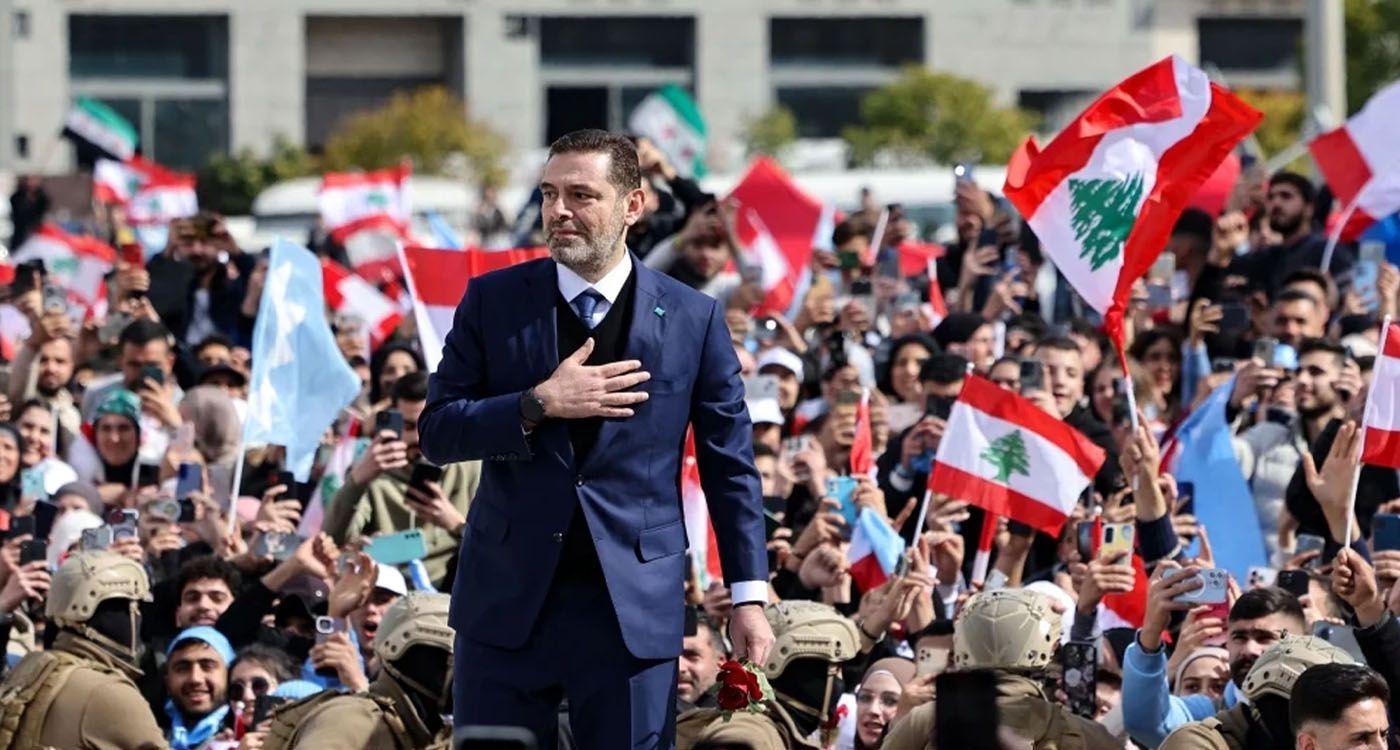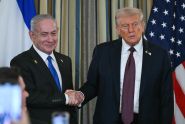
Saad Hariri was greeted with a massive crowd at Martyrs' Square on Friday, February 14. His return, eagerly awaited by his supporters, came more than three years after his withdrawal from the Lebanese political scene. In fact, much of the Sunni community has been feeling sidelined and underrepresented in recent years.
For former Minister Rashid Derbas, the withdrawal of Rafic Hariri's son from the political scene created “a leadership vacuum” within the Sunni community. According to former Future Movement MP Sami Fatfat, during this time, the Sunni community became fragmented, and its representatives lacked unity. This weakness was particularly apparent during the formation of the most recent government. “The absence of a unified Sunni bloc weakened the influence of its representatives, allowing the Prime Minister to form his cabinet without genuinely addressing their demands,” explained the former MP. He believes that with Hariri's return, better representation now seems possible, although it remains unclear whether this will include a personal return or merely a commitment through the party.
A Key Figure for the Future Movement
This return is of particular importance for the Future Movement. According to Fatfat, while supporters trust the party, they remain strongly attached to Saad Hariri himself. The personal connection he maintains with his supporters is a major asset for the party. “The party's ideology is based on the principles of Saad's father, Rafic Hariri, and his political legacy. That’s why his presence is crucial to ensuring the party’s stability and preserving its influence on the political scene,” he explains.
A Timely Comeback?
Until last year, Saad Hariri had been postponing his return to politics, stating, “everything in due course.” His decision to return today reflects a shift in perspective and an acknowledgment of the new political dynamics in Lebanon. According to Fatfat, the values expressed by the head of state align with those of the Future Movement. “I believe the ideas conveyed by President Joseph Aoun in his inauguration speech encouraged Saad Hariri to return, to deliver such a speech and to once again believe in Lebanese politics,” he said. “The current political dynamic aligns with our values. Now, we must engage more deeply to contribute to rebuilding the country,” the former MP added.
Derbas believes that Saad Hariri’s support for both the president and Prime Minister Nawaf Salam underscores that he is returning to “contribute to the reconstruction of Lebanon, not to obstruct their work.” Moreover, according to Fatfat, the moderation advocated by Hariri’s political movement – based on free-market economy, openness and strong ties with the Arab world – offers a necessary alternative to sectarian extremism, religious fundamentalism and isolationism in a Lebanon fractured by war. He believes that “Lebanon needs Hariri’s political approach and its moderation more so today than ever,” especially after the war which “Hezbollah dragged us into.” “In a politically polarized environment,” Fatfat stressed that a party capable of uniting rather than dividing would be a valuable asset for the country, particularly given the extensive international connections held by the Future Movement and Saad Hariri, which could prove beneficial for Lebanon.
A Long Way Ahead
Despite this momentum, several challenges lie ahead for Saad Hariri and his party. The Future Movement must take a clear stance on key issues, including the government’s statement and the upcoming municipal and legislative elections. Fatfat stresses that these positions will be formally communicated and outlined by the Future Movement and its leadership. Furthermore, the former MP explains that consolidating Saad Hariri’s return to politics—and that of his party—hinges on overcoming the crucial test of the legislative elections. “While the Future Movement represents the majority of the Sunni community, it can only truly make its voice heard and implement its agenda with a strong parliamentary presence. This will only be achievable at the upcoming elections, for which we are already actively preparing,” Fatfat noted.
One of the key obstacles Saad Hariri must overcome before fully returning to political life is his relationship with Saudi Arabia, according to Moustapha Allouche. The former MP and ex- senior official of the Future Movement emphasizes that “there are still questions that need to be addressed regarding how Saad Hariri intends to return and in what capacity.”
He believes that, “at the very least, this entails a reconciliation with Saudi Arabia,” as Riyadh’s backing has always strengthened the political standing of both Saad and his father. While he says he has no additional information on the matter, Allouche notes that had Saudi Arabia given its approval, Hariri would likely have announced his return from Riyadh.
Another challenge lies in the need to restructure the party. Allouche believes the Future Movement must first reassess its internal organization and break away from certain figures of the past who no longer align with the principles of Harirism. He argues that “the Future Movement must reinvent itself to adapt to the country’s political realities.” How this restructuring will be implemented remains uncertain.




Comments